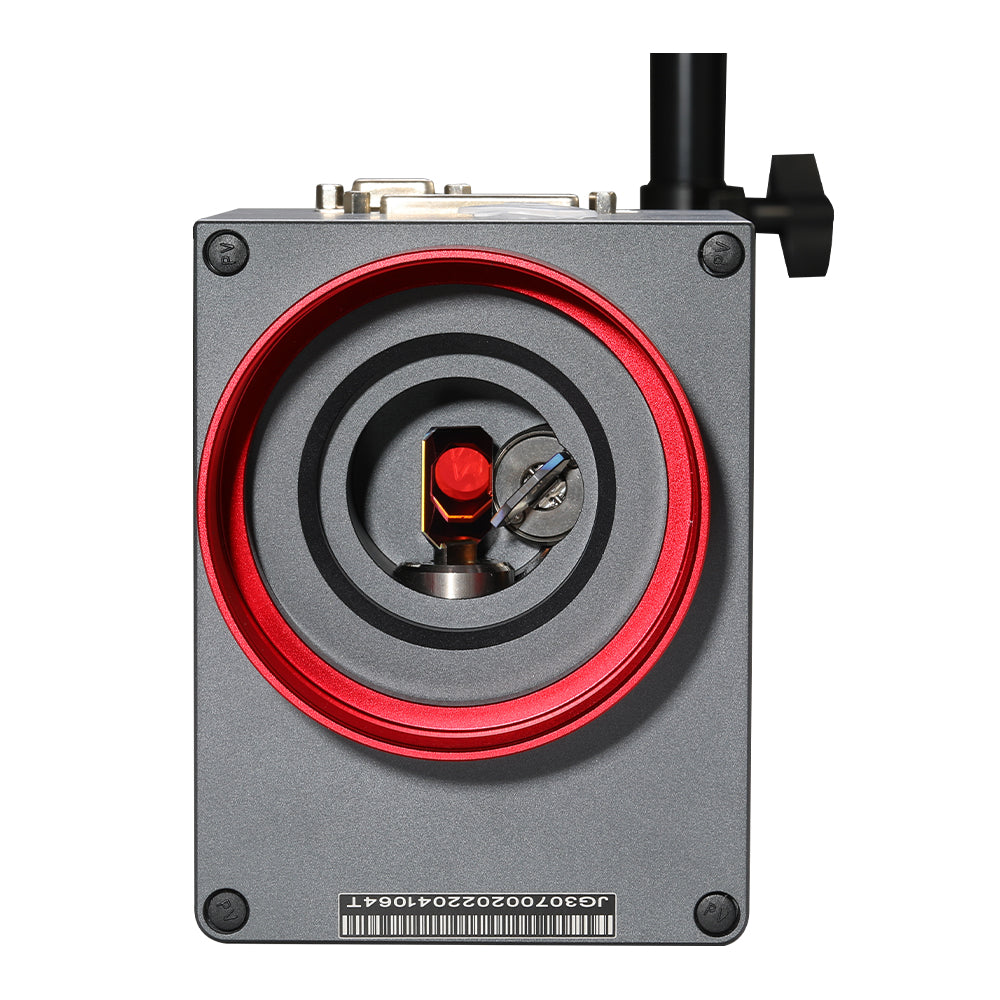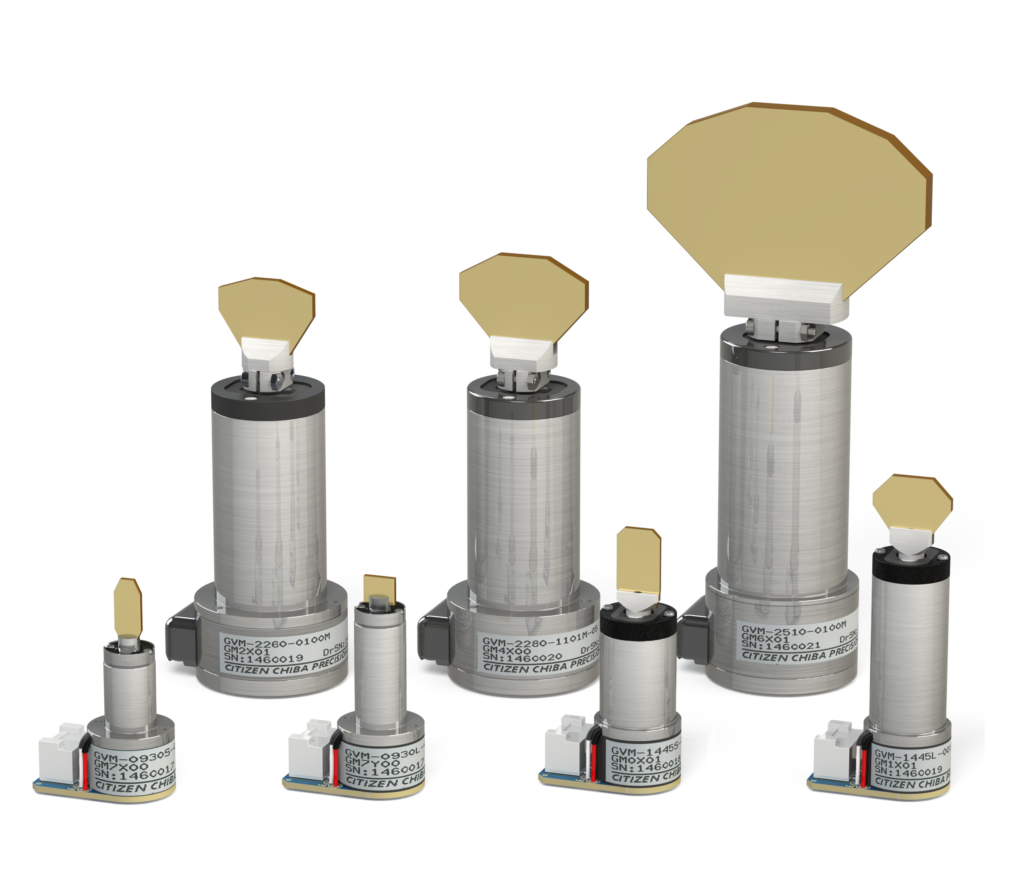The Duty of a Galvanometer Scanner in Enhancing Laser Communication Systems
The Duty of a Galvanometer Scanner in Enhancing Laser Communication Systems
Blog Article
Just How a Galvanometer Scanner Boosts Efficiency in Laser Scanning Technologies
The integration of galvanometer scanners in laser scanning technologies stands for a critical advancement in precision engineering. By assisting in fast and accurate modifications of laser beam direction, these devices dramatically boost functional efficiency across different applications, from clinical imaging to commercial engraving. The underlying electromagnetic devices, coupled with sophisticated comments systems, make sure real-time control and improved precision. Nevertheless, as sectors increasingly demand greater efficiency criteria, the concern emerges: what future technologies might even more raise the capabilities of galvanometer scanners in this progressing landscape?
Comprehending Galvanometer Scanners
A galvanometer scanner is an innovative tool that leverages electromagnetic principles to achieve accurate angular movement of mirrors or other reflective surface areas. These scanners operate via the interaction of an electric present and an electromagnetic field, allowing rapid and exact positioning. This modern technology is crucial in applications needing high-speed scanning, such as laser engraving, optical interaction, and medical imaging.

Galvanometer scanners are usually identified by their rapid action times and high angular resolution, making them perfect for applications that require quick activities and precise positioning. Their reliability and performance make them an essential component in modern laser scanning innovations, adding dramatically to advancements in various fields, consisting of production, medical care, and telecoms.
Mechanism of Laser Beam Control

The control system counts on closed-loop comments systems that continuously check the light beam's placement. The signals from optical sensors provide real-time information to the control system, enabling for quick adjustments to preserve accuracy. This is crucial in applications where also small deviations can endanger the quality of the check or inscribing.
Additionally, the galvanometer's action time is paramount; high-speed motors allow speedy activities, ensuring that the laser light beam can swiftly trace intricate patterns or execute intricate operations. The integration of electronic signal handling even more enhances the responsiveness and accuracy of the galvanometer scanner. Generally, the device of laser beam of light control through galvanometer scanners exhibits the combination of advanced engineering and technology, yielding high-performance results in laser scanning applications.
Advantages of Enhanced Precision
Boosted accuracy in laser scanning modern technologies supplies considerable advantages across different applications, from commercial production to clinical treatments. The integration of galvanometer scanners permits extremely precise light beam positioning, which is vital for jobs calling for precise detail. This boosted precision makes certain that the laser can target specific areas with marginal discrepancy, leading to superior quality end results.
In commercial contexts, precise laser scanning leads to improved item uniformity and reduced material waste. Components manufactured with high precision are much less likely to a fantastic read call for rework, therefore improving productivity and lowering operational prices. In clinical applications, the accuracy of laser treatments can considerably impact individual end results. In laser surgical treatment, precise targeting reduces damage to bordering cells, leading to quicker healing times and less difficulties.
Furthermore, enhanced accuracy helps with advanced applications such as 3D imaging and microfabrication, where also minute mistakes can cause substantial errors. By offering repeatable and reputable laser positioning, galvanometer scanners add to the overall performance and efficiency of laser systems. In summary, the benefits of boosted precision not just boost operational performance however likewise boost the standards of top quality and safety in numerous industries.
Applications in Various Industries
The adaptability of galvanometer scanners in laser scanning technologies expands across several sectors, each taking advantage of the precision they offer. In the medical field, these scanners are crucial in applications such as laser surgery and imaging, permitting for extremely precise targeting of cells while minimizing damages to bordering areas - galvanometer scanner. Their rapid response and great resolution are important in creating top quality outcomes
In the production sector, galvanometer scanners improve processes like laser engraving and cutting. Their ability to quickly route laser light beams onto surfaces makes it possible for effective assembly line, enhancing speed and precision in producing elaborate layouts or elements.
The automotive market likewise takes advantage of galvanometer technology for high quality control and examinations (galvanometer scanner). By using high-speed scanning, manufacturers can spot defects in settings up or materials, guaranteeing that products fulfill strict requirements
Additionally, in the home entertainment field, galvanometer scanners are utilized in laser light shows and displays, providing dynamic aesthetic experiences with exact control over laser activities.
Future Fads in Laser Scanning
Arising innovations are poised to revolutionize the landscape of laser scanning, with galvanometer scanners at the leading edge of this improvement. As industries progressively demand precision and effectiveness, the evolution of galvanometer modern technology will certainly drive considerable advancements in laser scanning applications.
Future trends suggest an expanding assimilation of expert system and equipment understanding algorithms, which will improve data refining capabilities and automate decision-making in real-time. This harmony will certainly permit for more sophisticated evaluation of checked data, leading to enhanced precision in applications such as 3D modeling and autonomous navigating.
Moreover, the miniaturization of parts and the advancement of innovative materials will certainly contribute to lighter, a lot more mobile laser scanning systems. This mobility will expand the reach of laser scanning technologies into previously hard to reach atmospheres, such as remote terrain and elaborate architectural spaces.
The rise of augmented fact (AR) and digital truth (VR) applications will likewise shape the future of laser scanning. By integrating galvanometer scanners with AR and VR, users will take advantage of immersive browse around this web-site experiences that enhance visualization and task preparation.
Conclusion
Finally, galvanometer scanners play a pivotal role in maximizing laser scanning innovations via their precise control of light beam instructions and rapid angular changes. The combination of sophisticated responses systems and optical sensors substantially enhances check these guys out functional rate and precision, bring about enhanced end results in applications such as laser inscription and medical imaging. As markets progressively take on these technologies, the ongoing advancements in galvanometer scanner layouts are anticipated to more raise efficiency requirements and expand application opportunities.
The integration of galvanometer scanners in laser scanning modern technologies represents a crucial innovation in accuracy design. In general, the device of laser beam control via galvanometer scanners exemplifies the combination of sophisticated design and modern technology, yielding high-performance end results in laser scanning applications.
By providing trustworthy and repeatable laser positioning, galvanometer scanners contribute to the general performance and efficiency of laser systems.The flexibility of galvanometer scanners in laser scanning modern technologies extends across several industries, each profiting from the accuracy they provide.In conclusion, galvanometer scanners play a critical role in enhancing laser scanning innovations via their precise control of light beam instructions and rapid angular modifications.
Report this page